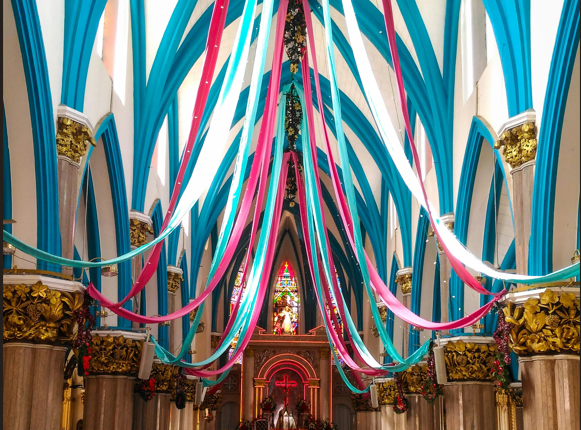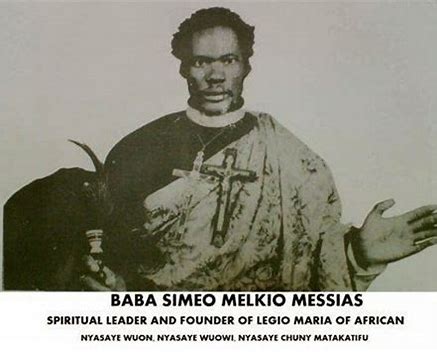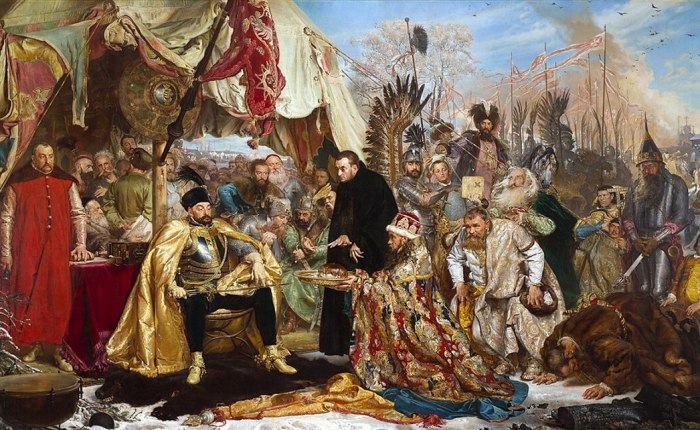I’m Magnus Lundberg, Professor of Church and Mission History in the Department of Theology at Uppsala University, Sweden. Through the years, much of my research has focused on colonial Latin American church history. Still, from 2015 onwards, I have devoted much time to the study of Catholic traditionalism, Fringe Catholicism, and New Religious Movements with Catholic roots, especially modern alternative popes (“antipopes”).
On this website, I publish research papers and drafts on topics that interest me. Most articles are in English, but some are in Spanish or my mother tongue, Swedish. Some have been published elsewhere (as books or articles), but they are now available open-access here. Some texts are written exclusively for this site.
Contact: magnus.lundberg@teol.uu.se
For more information on my research and publications, see the “about-section”
For my series of articles on the Palmarian church, see the Palmarian page
For my series of articles on modern alternative popes, see the Pope page
For my series of articles on Giuseppe Maria Abbate, the Celestial Messenger, see the Celestial Messenger Page
For articles and monographs on Latin American church history, see the Church and Mission Studies page
For a great non-academic interest of mine, see the fountain pen pages. This part of the website is in Swedish. Om du är intresserad av äldre pennor är du välkommen att besöka den del av sidan som behandlar reservoarpennor.
For studies in genealogy, see the genealogy page. This part of the website is in Swedish. För mina genealogiska studier, se den del av sidan som behandlar släkthistoria.









